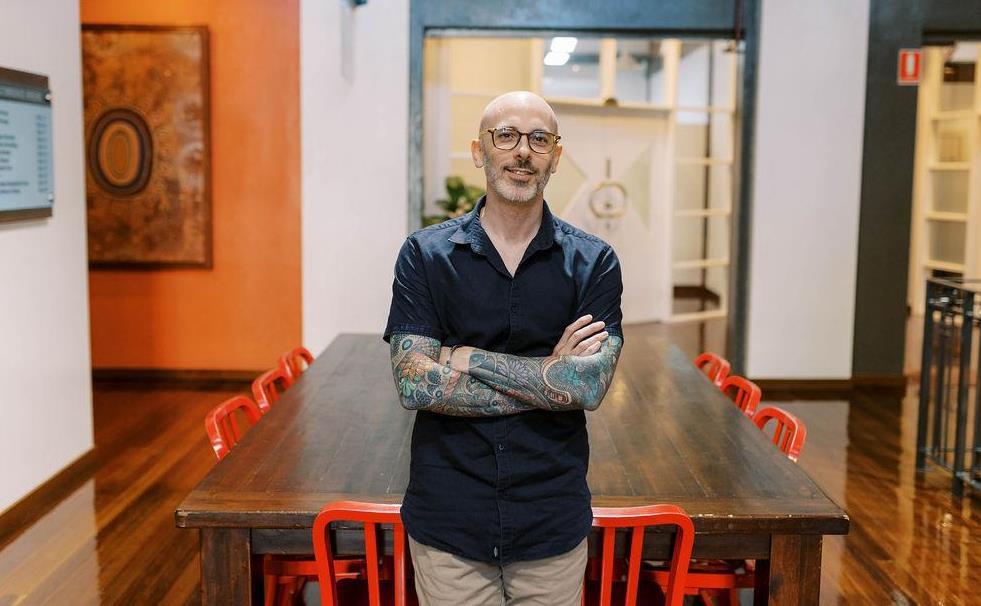The end of the financial year is quickly approaching and with the effects of COVID-19 still raging on in some sectors, getting your taxes right has never been more vital for creative practitioners and arts organisations.
‘Some practitioners are still caught up in COVID,’ said Matthew Tucker, principal at Brisbane-based firm Creative Crunchers, ‘we are not really going to see the full extent of that until all of the 2021 tax work starts to get processed from July onwards.’
Between numbers, spreadsheets, logistical planning and income-tracking – it all adds up to a lot fast! If you haven’t been paying attention, you may not have clarity as to where you stand with your 2021 tax obligations.
It can feel daunting letting an outsider in on the intimate details of your creative business, especially if you’ve had trouble managing your finances in the past, but partnering with a specialist tax accountant can help you achieve your goals and set you up for long-term success.
Specialists in the field
‘It’s important that creatives engage a professional accountant so they’ve got a proper advisor in their corner that understands the industry that they work in,’ explains Tucker.
Accounting firms that offer a general approach tend to struggle with grasping the priorities of artists and arts workers, often missing key components.
‘If a client comes to us, having not been to a specialist before, there is almost a 100% chance that we will start that client relationship by going back through previous returns,’ said Tucker.
‘They often complain that their old accountant told them that they are just a hobbyist and not a business, not really understanding what it is they do. Specialists in the field recognise that professional creatives experience a much longer lead time in their development before they get profitable.’
Get all your deductions
With the pressures of COVID, most creatives will likely be frantically thinking about how they can maximise their deductions this tax season. A specialist accountant can support you by easily identifying these potential deductions throughout the year and advise you on how to make strategic decisions for year-end deductions.
‘Come tax time it is important to be very thorough with all the documentation and make sure that everything that can be claimed is getting claimed,’ said Tucker.
Many creatives forget to track and account for items like depreciation, out-of-pocket expenses and home office space.
‘There’s a body of costs climbing in the background and if you’re not paying attention, you can miss out,’ said Tucker.
‘Reaching out to an advisor and getting them to look at every deduction possible will help minimise your tax as much as possible.’
Plan for the future
One of the greatest benefits of hiring a tax accountant is getting advice on how to plan for the future. Accountants can take a step back and objectively look at the bigger picture and find the best way to support the longevity of your business.
Particularly at the beginning of your career when the business is really cost intensive and you’re trying to figure out how to manage a day job with a developing art practice, explained Tucker.
‘Knowing how to document your creative endeavours, being aware of what you’re spending and trying to curb that spending and knowing what drives results or what’s getting wasted, are all important things to keep track of right from the start.’
You don’t have to do it alone
Having a specialist tax accountant means having access to someone who understands the industry creatives work in. They know what to look out for so they can help you make the most of your tax return.
‘Accountants who decide to specialise in this space do so because they have a genuine interest in the industry and want to support creatives where they can,’ said Tucker.
‘The sooner you get into good habits and talk to an accountant that can guide you through it all, the better off you will be.’
Discover how Creative Crunchers can help you with your financial management and get the most out of your tax return this financial year.





